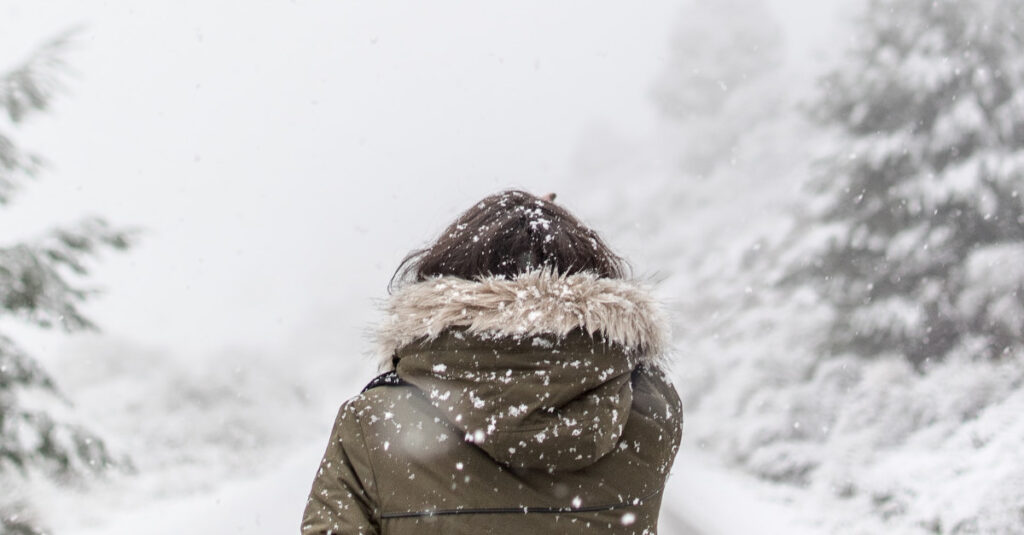A Japanese study suggests that individuals with depressive symptoms are more susceptible to cold-induced increases in blood pressure, MIMS Cardiology reports.
“Cold exposure accounts for more than 7 percent of all-cause mortality worldwide, and cold-induced blood pressure elevation and consequent cardiovascular events are partially responsible,” the authors said. “For prevention, it is important to identify risk factors for exaggerated temperature-sensitivity of blood pressure, but this is not fully understood.” The authors represent the Department of Epidemiology and the Department of Psychiatry at Nara Medical University School of Medicine.
In order to identify these factors, a cross-sectional analysis was conducted on 1,076 community-based older adults aged ≥60 years. A cutoff point of 4/5 was used to assess depressive symptoms using the 15-item Geriatric Depression Scale. Additionally, they measured indoor temperature and ambulatory BP during the cold season in Nara, Japan.
The daytime indoor temperature was also significantly associated with depression. Despite potential confounders, such as age, gender, body mass index, medications, and physical activity, these associations persisted. SBP dipping at night, morning BP surge, and nocturnal SBP dipping were also comparable.






